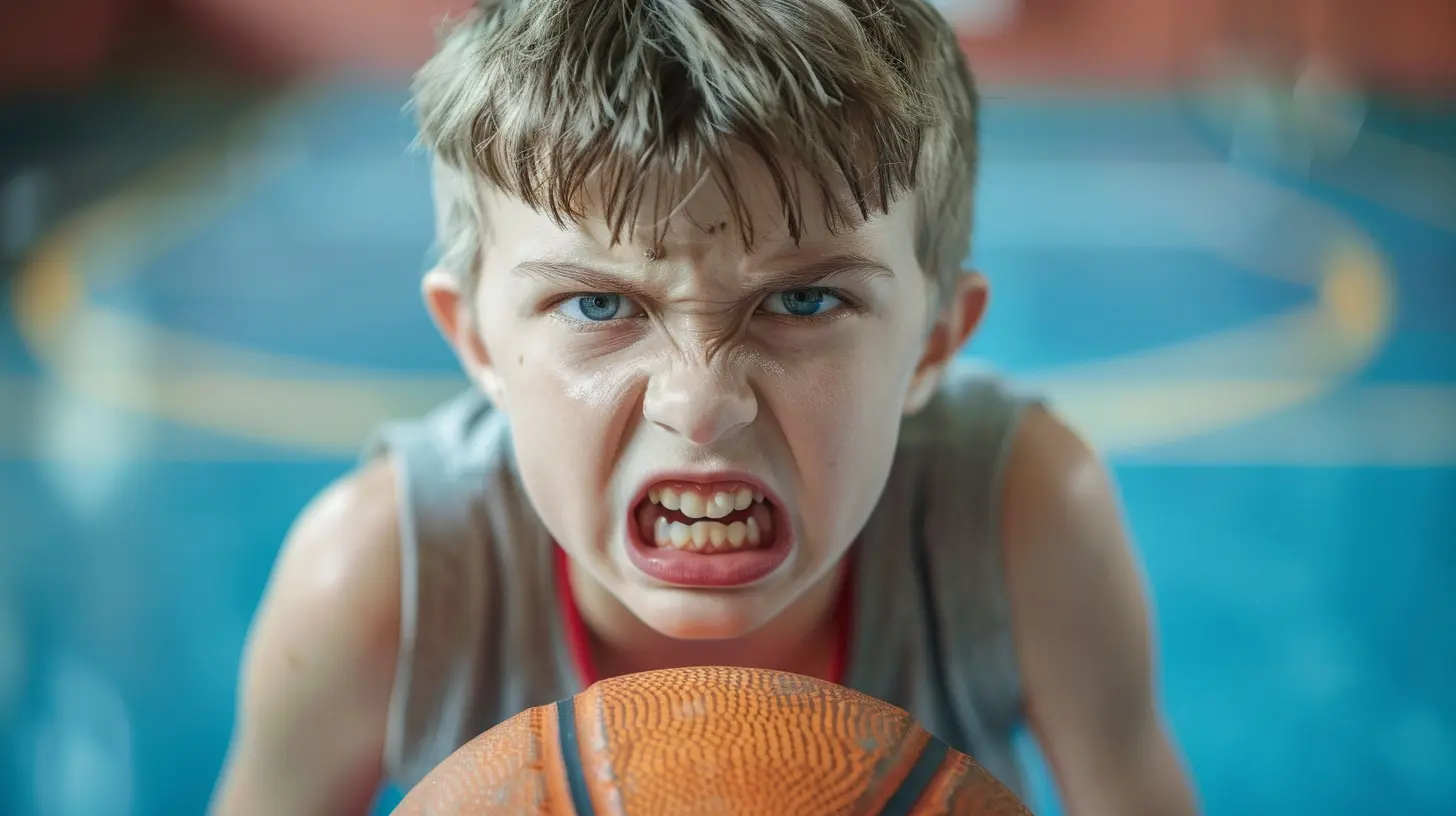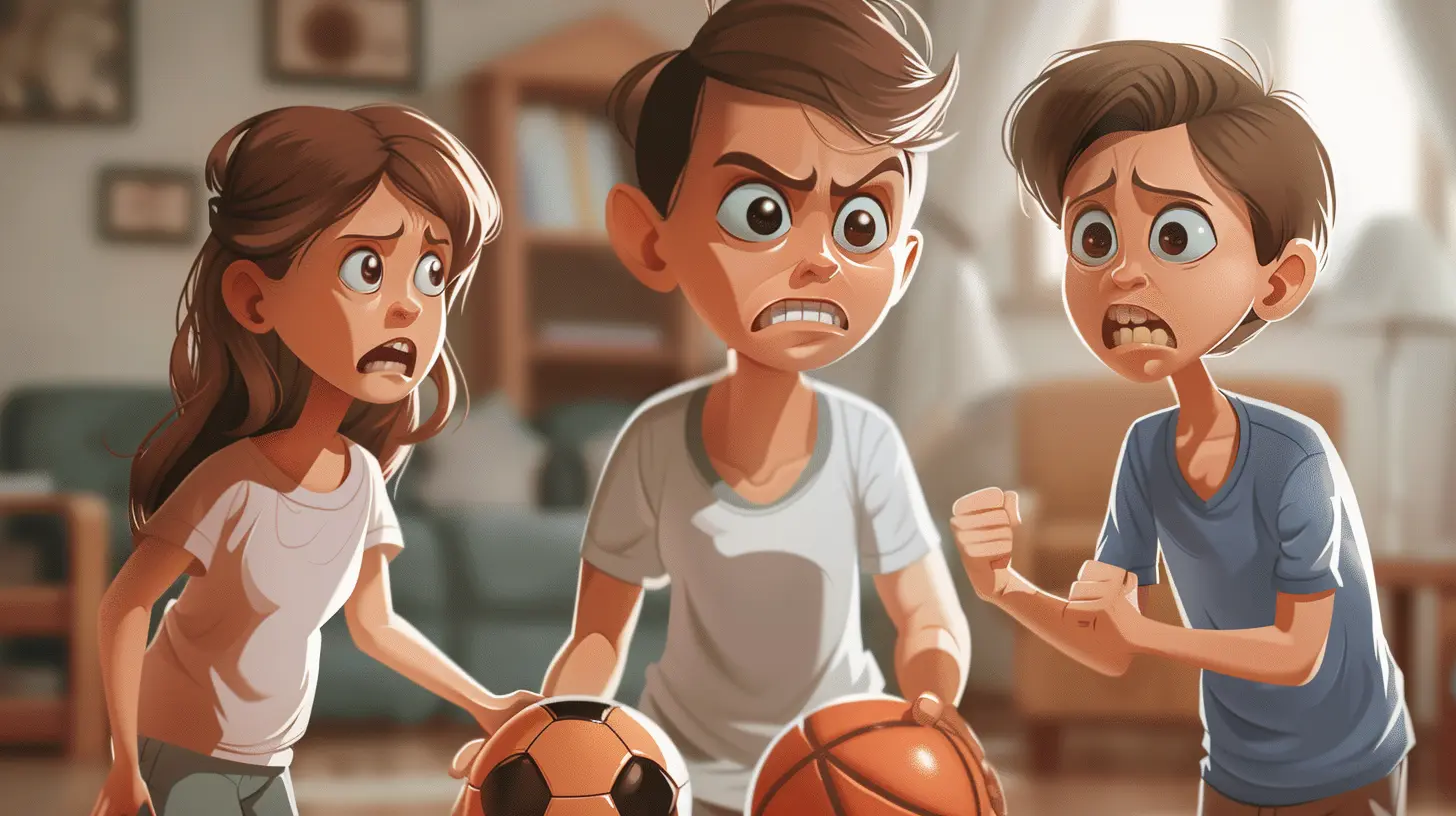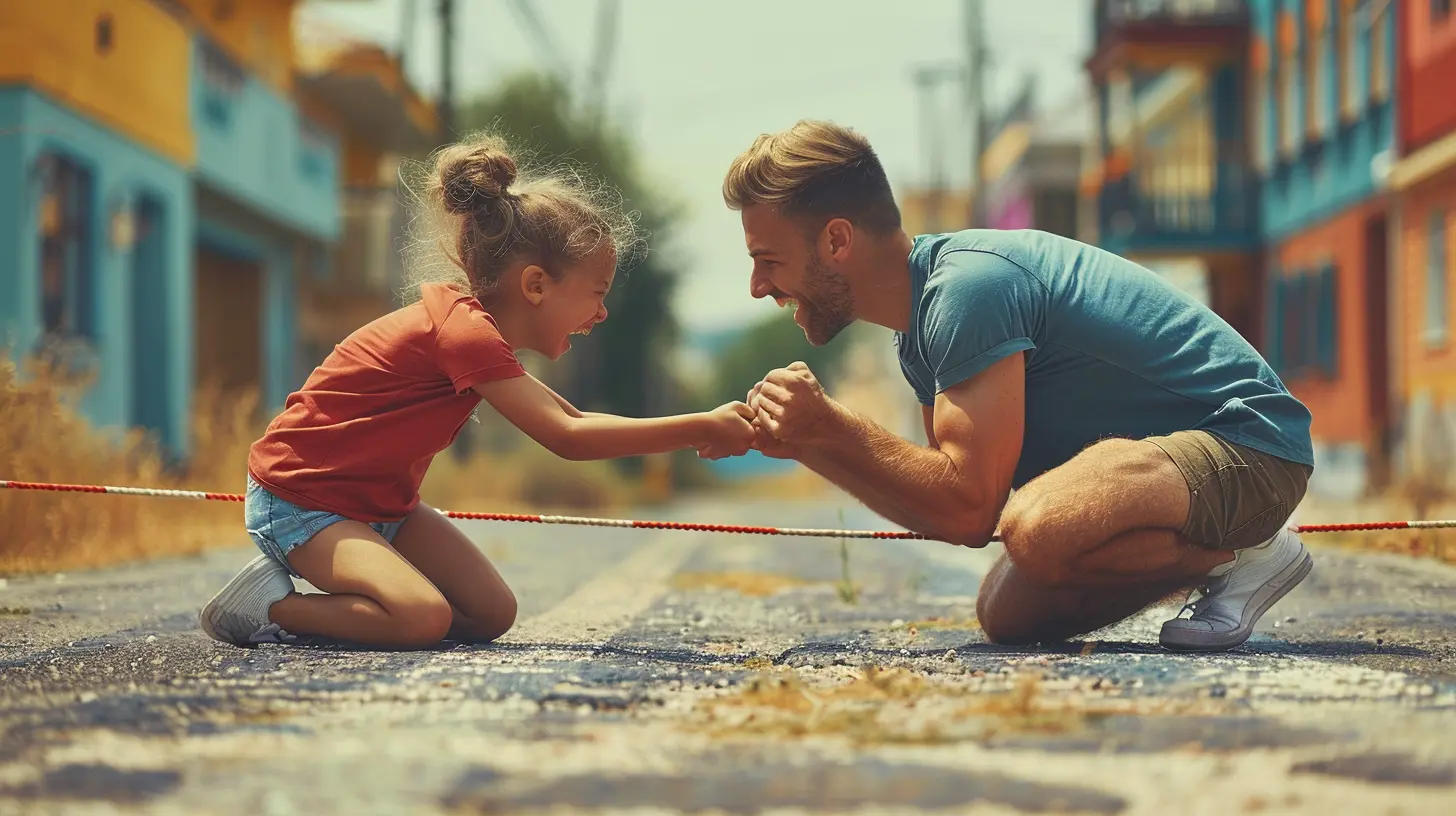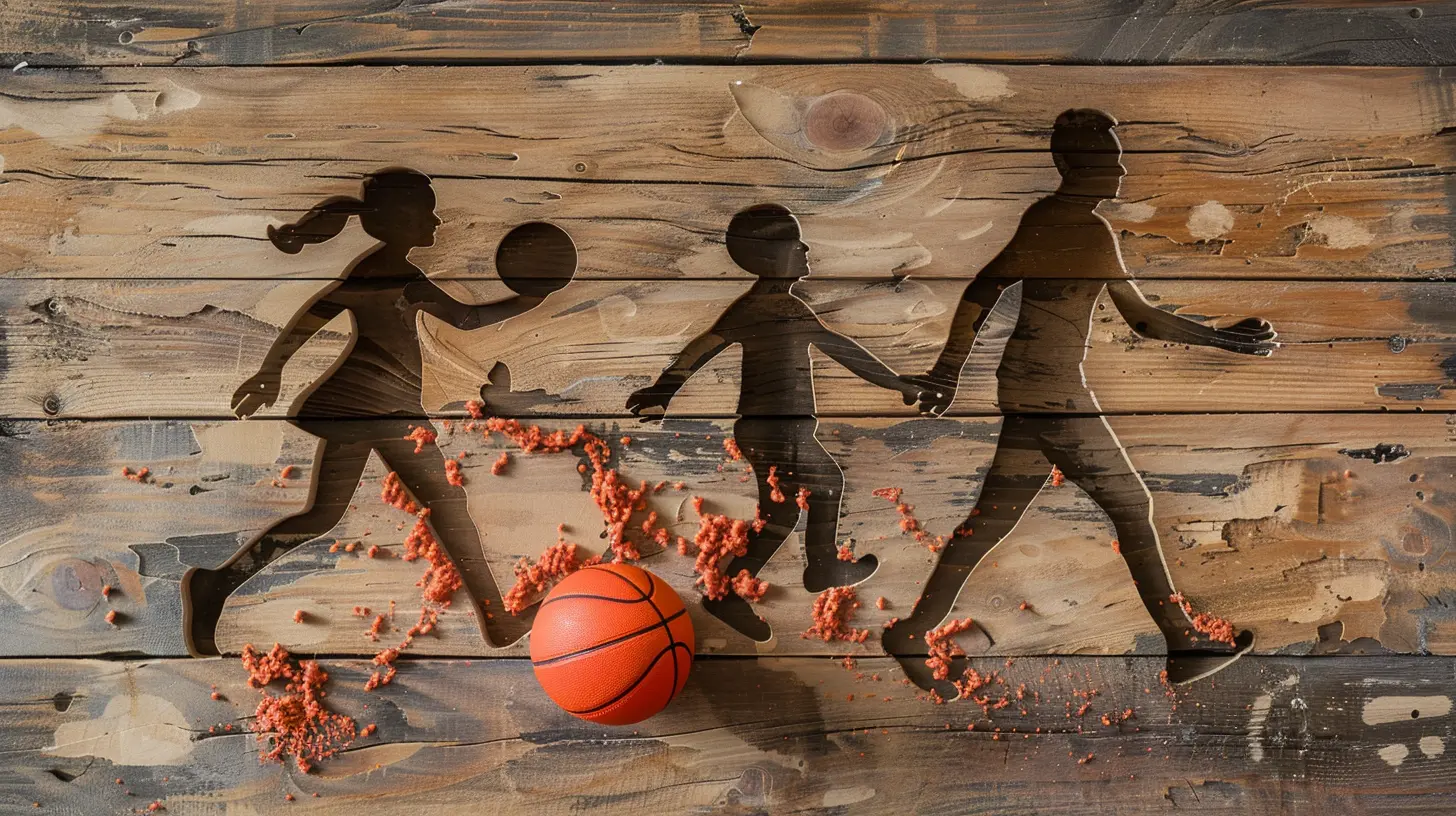How to Handle Overly Competitive Parents at Your Child’s Games
8 July 2025
Let’s get real for a moment: there’s always that one parent shouting from the sidelines like they’re coaching in the Super Bowl rather than cheering on a group of ten-year-olds playing Little League. We’ve all seen them—or maybe, sometimes—you’ve caught yourself creeping up to that level of intensity too (it’s okay, no judgment here).
And while passion for your child’s performance is natural, overly competitive parents can seriously dampen the fun for everyone—kids, coaches, and other parents alike. So how do you deal with that kind of energy without turning into a sideline referee yourself?
In this article, we’ll unpack how to gracefully and effectively handle overly competitive parents at your child’s games—and even how to keep your own enthusiasm in check.
Why Is Youth Sports Supposed to Be Fun Again?
Before diving into the tough stuff, let’s remind ourselves why kids even play sports in the first place. Spoiler alert: it’s not to get screamed at from the bleachers.Youth sports are about:
- Building friendships
- Developing confidence
- Learning teamwork
- Staying active
- Cultivating discipline and responsibility
- And yes, having some good ol’ fashioned fun
When competition overshadows those goals, particularly from the adults in the stands, that’s when problems start.
So, when a parent turns into a mini-coach or critic who yells after every missed goal or fumbled pass, it can crush a child's spirit faster than a cleat to the toe.
Recognizing the Signs of an Overly Competitive Parent
You might think the signs are obvious—but some behavior sneaks under the radar and still causes harm. Here are a few red flags:- Yelling at referees or coaches
- Coaching from the stands (even though that's not their job)
- Criticizing players—especially their own
- Obsession with winning at all costs
- Gossiping about other kids’ performance
- Pushing their child to practice constantly, even when the kid is exhausted
Sound familiar?
The tough part is, sometimes these parents genuinely believe they’re helping. They think they’re motivating their child. But instead of inspiration, it often results in anxiety, burnout, and low self-esteem.
How Overly Competitive Parents Affect the Game
Before we jump into solutions, it’s important to understand the ripple effects of this behavior. Here’s what overly competitive parenting can do:It Adds Pressure
Kids already feel pressure to perform well. But when they sense that their self-worth is tied to a win or a perfect score, it becomes an emotional minefield.It Disturbs Other Families
Parents who shout instructions, complain about ref calls, or belittle players can create major tension with other families. Let’s face it—no one wants to be around that drama on a Saturday morning.It Can Lead to Kids Quitting
This is the big one. One of the top reasons kids quit sports is because it’s not fun anymore. When your child dreads a game because of how someone’s parent behaves, that’s a huge red flag.
So… What Can You Do About It?
The good news? You’re not powerless. There are smart, respectful, and constructive ways to deal with overly competitive parents without sparking a sideline civil war.Let's break it down.
1. Stay Calm and Model Chill Behavior
The first rule of dealing with over-the-top energy? Don’t match it.Think of it like a fire—if you throw gasoline (aka your own shouting or eye-rolling) on it, things get worse. But if you pour a little water on it—aka kindness, calmness, or even silence—it might just fizzle out on its own.
Sometimes, just modeling good behavior is enough to make another parent go, “Oh wait, maybe I’m going too far.”
2. Choose the Right Time and Place to Talk
If it’s really bothering you and you feel the need to say something, timing is key. Don’t confront someone in the heat of the moment (literally or figuratively).Pick a neutral time. Maybe after the game, or better yet, not at the game at all. Pull them aside and keep it casual, not confrontational.
Try:
> “Hey, I know we all want the best for our kids. Sometimes I’ve noticed the energy gets really intense out there. I just wanted to share how it’s affecting my kid and maybe some others too.”
Keep it focused on how the behavior affects the kids—not that the parent is “wrong” or “bad.” That keeps defenses down and leaves space for understanding.
3. Talk to the Coach or League Organizer (If Needed)
If things keep escalating or are clearly crossing a line (like verbally abusing refs or other kids), it might be time to get the coach or league involved.Most youth sports leagues have codes of conduct for parents. If someone repeatedly violates them, there are often consequences like warnings, suspensions, or being asked not to attend games.
It’s not tattling. It’s protecting kids and maintaining a safe and fun space for everyone.
4. Check Yourself
Okay, now time for a hard truth: sometimes we don’t even realize we’re being that parent.Ask yourself:
- Am I pushing my child too hard because I see potential?
- Do I feel anxious or disappointed when my child doesn’t perform well?
- Do I brag about my child’s performance to others?
- Am I staying present and supportive or getting swept up in the competition?
If your answers make you wince, guess what? That’s okay. Awareness is the first step toward change.
Nobody gets this stuff perfect. Parenting doesn’t come with an instruction manual (although we wish it did, right?). What matters is that we try to do better.
5. Focus on Encouragement, Not Evaluation
Try this after every game: instead of saying “Did you win?” or “How many goals did you score?” ask:- “Did you have fun?”
- “What was your favorite part of the game?”
- “What do you think went well today?”
- “Is there something you want to work on before the next game?”
This type of language reinforces effort, growth, and joy instead of performance and outcomes.
Trust me, it goes a long way.
6. Connect with Like-Minded Parents
There’s strength in numbers. If you're surrounded by a group of parents who are all about cheering, high-fiving, and keeping things fun, it helps drown out the noise from the overly competitive ones.Plus, it gives your kid a positive community around their sport—that’s priceless.
Teaching Our Kids to Handle It Too
Sadly, we can’t shield our kids from every overzealous adult they’ll meet on or off the field. But we can empower them to understand that:- Their worth isn't based on their performance
- Winning isn't everything
- It's okay to walk away from toxic behavior
- Their voice matters if they feel uncomfortable
Sometimes a simple conversation like, “If anyone makes you feel bad about how you play, even if it's a grown-up, you can always come talk to me,” gives your child the confidence to speak up and feel safe.
Parenting Is a Team Sport
Here’s the thing: we all want what’s best for our kids. But sometimes, in trying to help them shine, some parents blind themselves to how much pressure they’re creating.So whether you’re dealing with that parent on the sidelines or you’re realizing you might need to tone things down a notch yourself, take a breath.
Remember that sports are about growth, laughter, teamwork, and memories—not just trophies.
And just like our kids, we parents are learning as we go too. So high five to you for wanting to do better—for yourself, your child, and every other family on the field.
You’ve got this.
all images in this post were generated using AI tools
Category:
Kids And SportsAuthor:

Steven McLain
Discussion
rate this article
2 comments
Maris McFarland
Great insights! Navigating competitive parents can be tricky—thank you for sharing these tips!
November 7, 2025 at 4:28 PM

Steven McLain
Thank you! I'm glad you found the tips helpful. Navigating those dynamics can be challenging, but it's important for the kids' enjoyment!
Charlotte Gonzalez
Thank you for addressing this crucial topic! It's so important to remember that our children's joy should come first. Let's focus on supporting them rather than competing with each other.
July 16, 2025 at 2:43 AM

Steven McLain
Thank you for your insight! Prioritizing our children's happiness is key to fostering a positive environment at their games.


